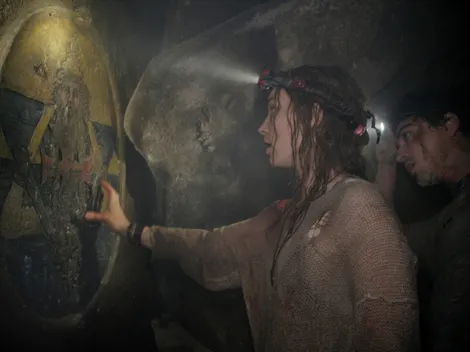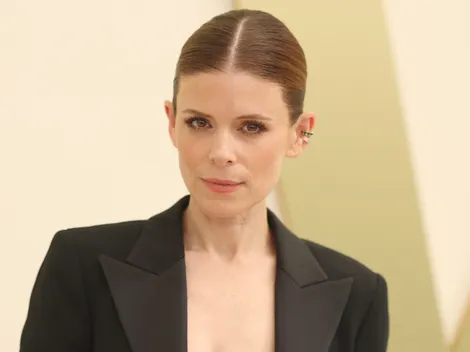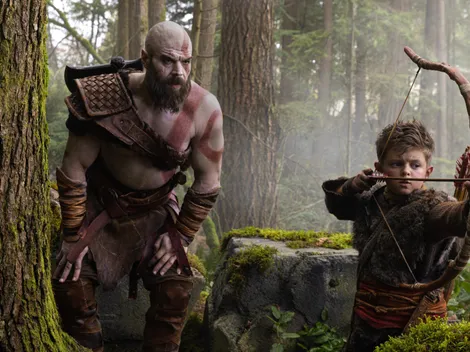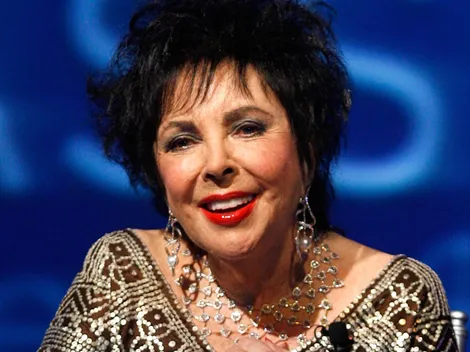There are few actors whose biography reads like a novel, yet Viggo Mortensen, who celebrates his 67th birthday on October 20th, has built a life as complex and layered as the characters he embodies. Raised across Argentina, Denmark, and the United States, his multilingual, nomadic history imbues his screen presence with a rare, quiet gravitas.
He is a man of many crafts—a poet, a musician, a photographer—but it is through the lens of cinema that his formidable talent is most vividly cast, often transforming his intensity into performances that are both physically demanding and emotionally shattering.
For the wider world, he will forever be Aragorn, the reluctant king whose true lineage was hidden behind the guise of a ranger, a mythic hero whose nobility anchored a monumental fantasy saga. But, the real power of Mortensen’s filmography is found in its fearless exploration of humanity’s shadows.
The Lord of the Rings Trilogy (2001–2003)
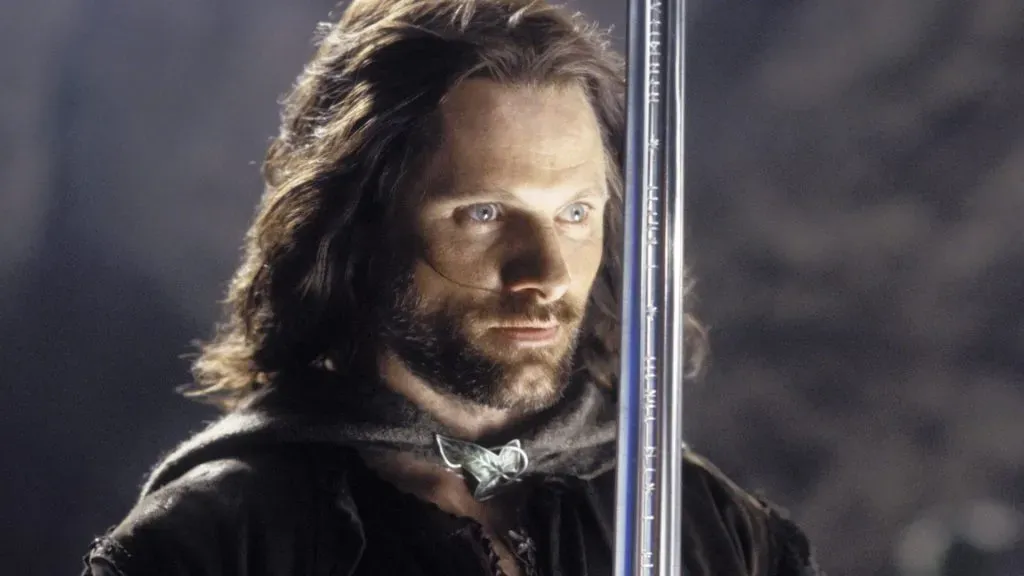
(Source: IMDb)
As Aragorn, the heir to the throne of Gondor, Mortensen cemented his place in cinematic mythology. His performance anchored the entire epic, portraying a reluctant, honorable warrior whose internal conflict and eventual acceptance of his destiny provided the emotional weight needed for Peter Jackson’s monumental saga. It is the defining role of his mainstream career.
Eastern Promises (2007)
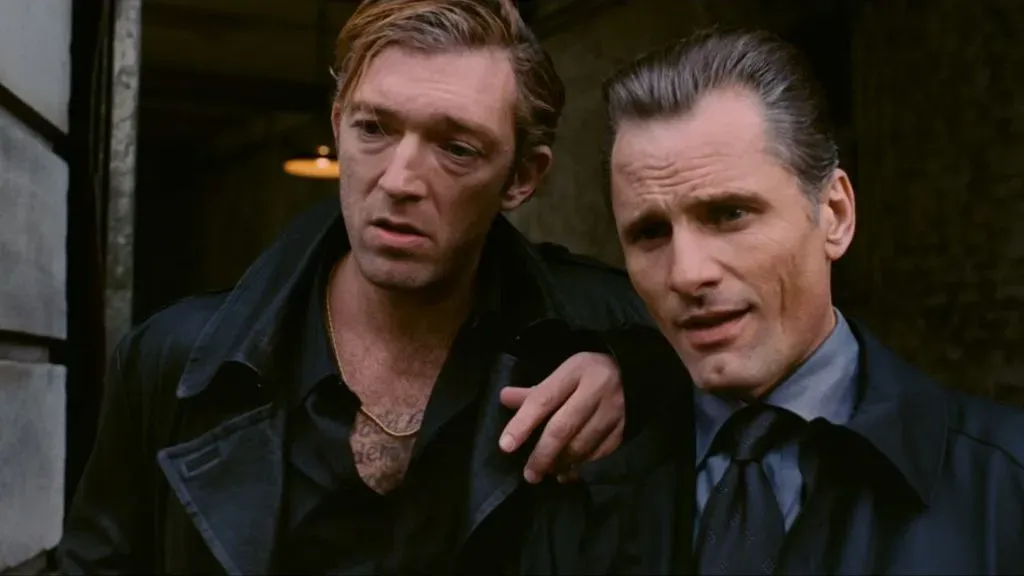
(Source: IMDb)
In his second collaboration with director David Cronenberg, Mortensen delivered an Oscar-nominated, masterfully subdued performance as Nikolai Luzhin, a calculating Russian mob enforcer. Mortensen went deep undercover for the role, becoming fluent in Russian and undergoing a stunning physical transformation. The iconic, intensely brutal naked bathhouse fight sequence remains a landmark of modern cinema, showcasing his extreme commitment.
Green Book (2018)
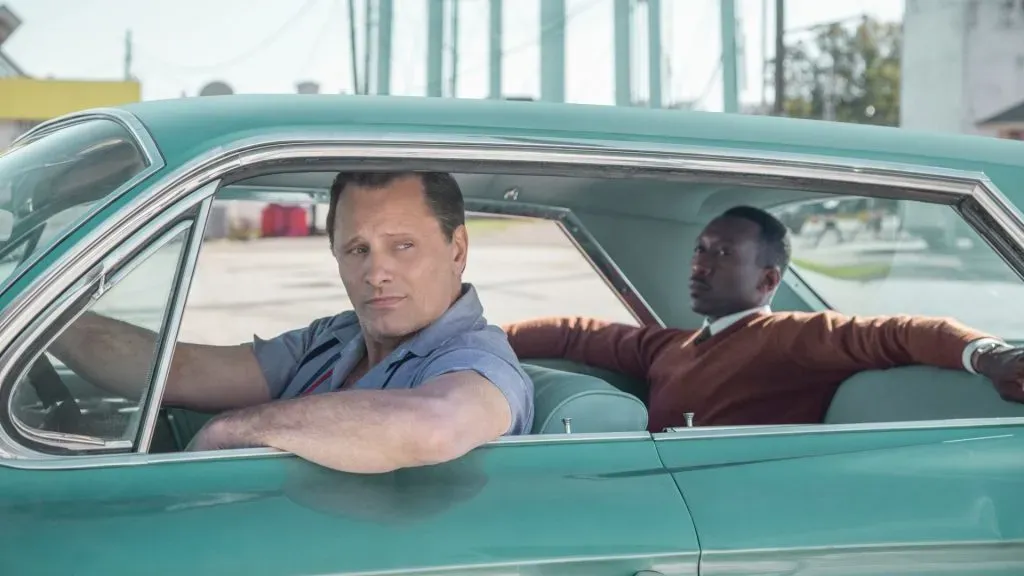
(Source: IMDb)
This role earned Mortensen his third Academy Award nomination. He completely transformed himself into Tony Lip, a coarse, streetwise Italian-American bouncer from the Bronx hired to chauffeur a refined Black pianist through the segregated South in the 1960s. Mortensen’s dedicated immersion into the character’s physicality and dialect brought a powerful, yet surprisingly warm, working-class authenticity to the Oscar-winning Best Picture.
A History of Violence (2005)
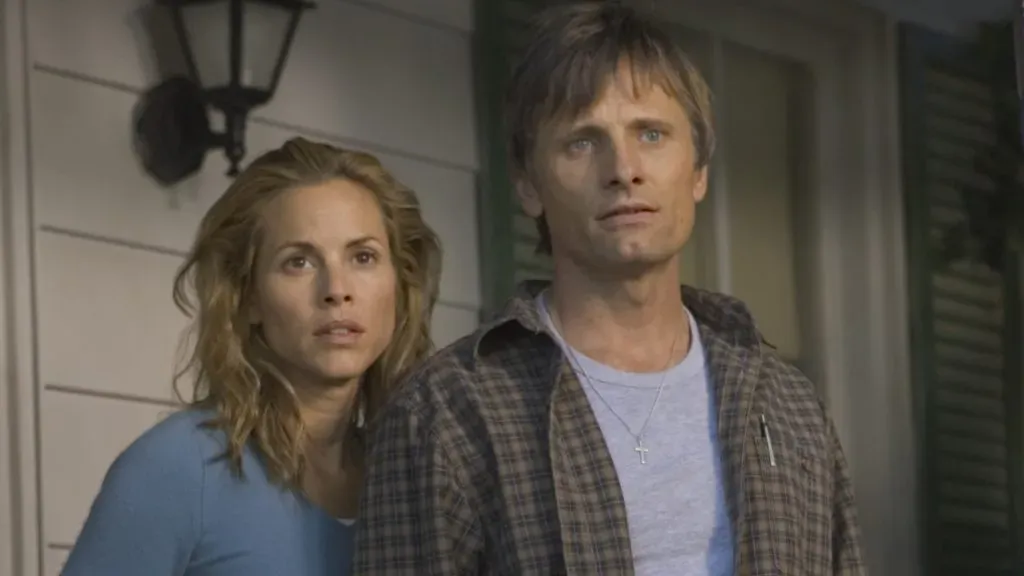
(Source: IMDb)
The first of his acclaimed collaborations with David Cronenberg. Mortensen stars as Tom Stall, a seemingly gentle small-town family man whose peaceful life is violently shattered when he kills two assailants in self-defense. The film hinges on his masterful oscillation between two distinct personas—the loving father and the terrifying former mob enforcer—exploring themes of identity and the inescapable nature of one’s past.
Captain Fantastic (2016)
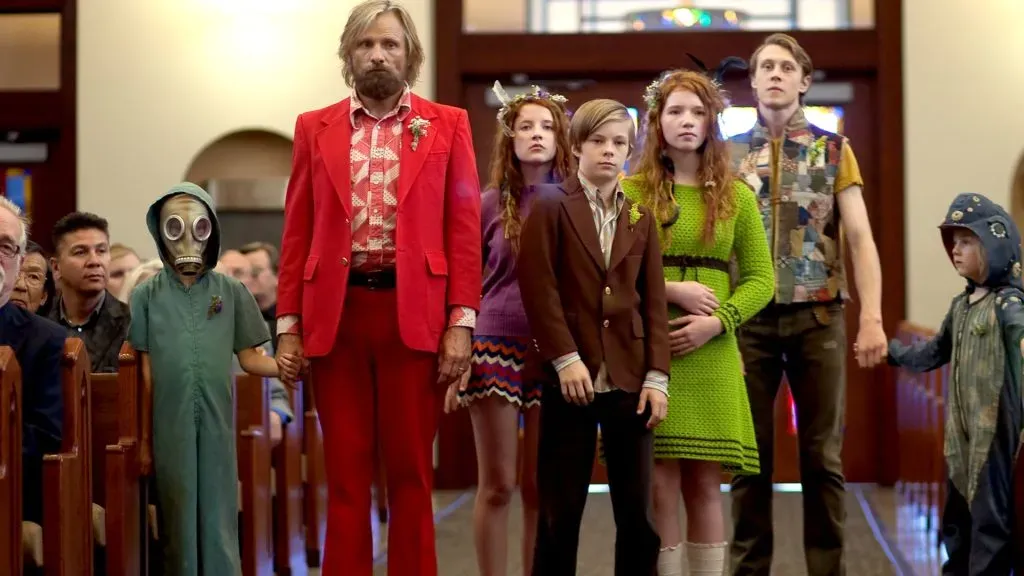
(Source: IMDb)
As Ben Cash, an anarchist father raising his six children in isolation in the wilderness of the Pacific Northwest, Mortensen gave one of his most vibrant and ultimately Oscar-nominated performances. He perfectly captured the complexity of a man dedicated to a brilliant but controversial philosophy, balancing fierce intellectualism with devastating emotional vulnerability when forced to re-enter mainstream society.
The Road (2009)
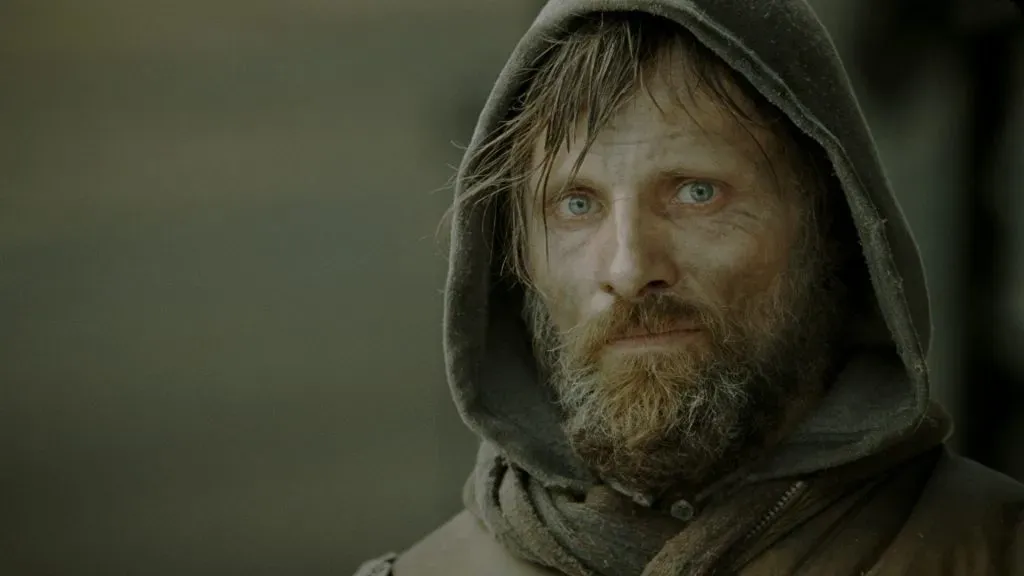
(Source: IMDb)
A harrowing and relentlessly bleak post-apocalyptic drama, this film features Mortensen as “The Man,” a nameless father desperately attempting to protect his young son as they walk through a scorched, lifeless landscape. His performance is a study in quiet, exhausted devotion and primal survival, conveying profound love and despair with minimal dialogue.
The Indian Runner (1991)
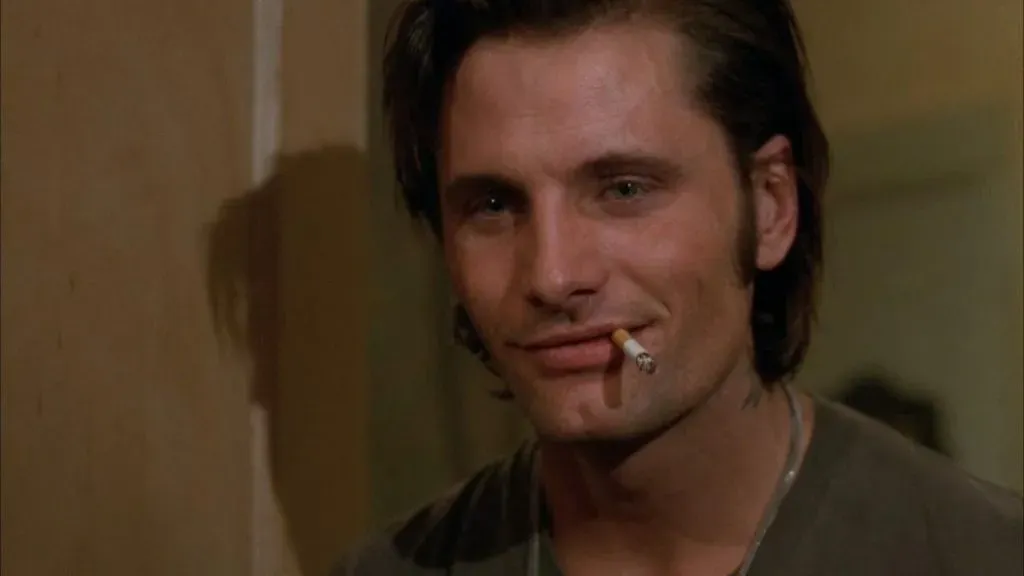
(Source: IMDb)
Directed by Sean Penn, this early dramatic role saw Mortensen deliver a breakthrough performance as Frank Roberts, a troubled Vietnam veteran who returns to his small hometown and struggles with an explosive temper and PTSD. It was an intense, raw portrayal that foreshadowed the complexity he would bring to later characters.
Appaloosa (2008)
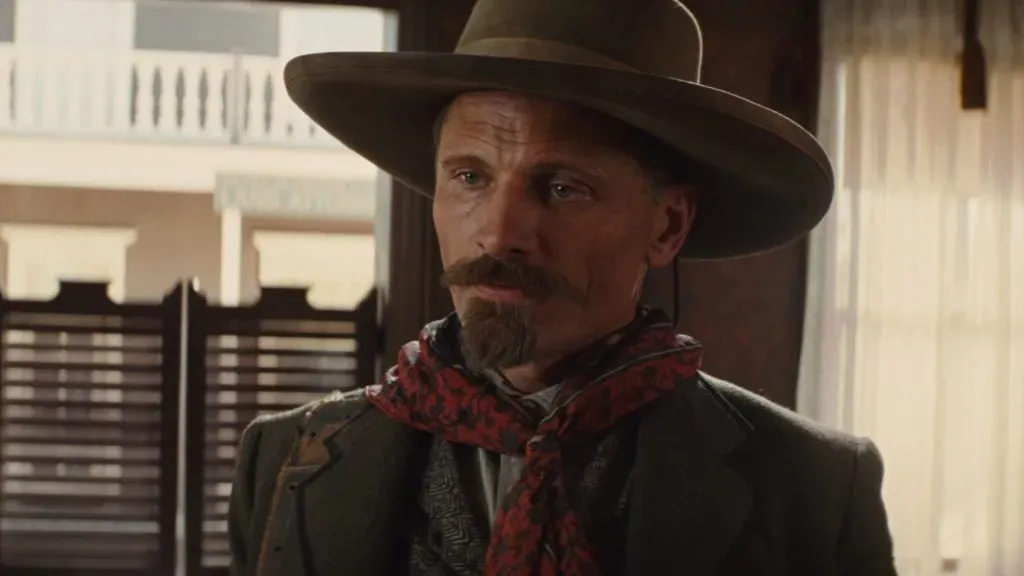
(Source: IMDb)
Mortensen reunited with A History of Violence co-star Ed Harris for this stylish revisionist Western. As Everett Hitch, Mortensen played the cool, reserved, and often morally ambiguous sidekick, defining his character through stoic body language and laconic dialogue, skillfully embodying the quiet code of the Old West.
G.I. Jane (1997)
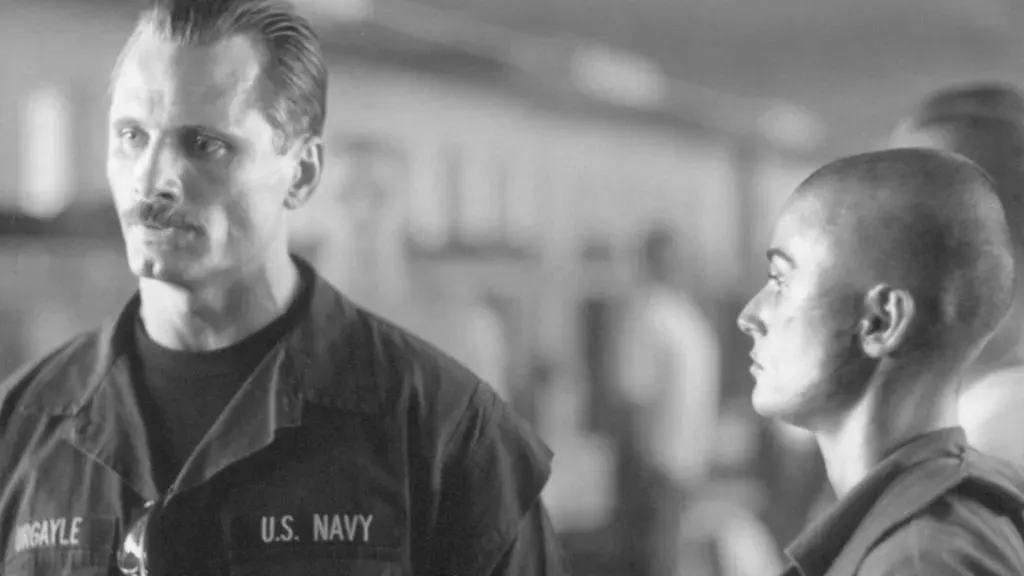
(Source: IMDb)
In this military drama, Mortensen played Command Master Chief Jack Urgayle, the rigorous and often cruel instructor responsible for pushing Demi Moore’s character through Navy SEAL training. His performance was fiercely disciplined and charismatic, establishing him as an actor capable of intimidating authority figures.
A Dangerous Method (2011)
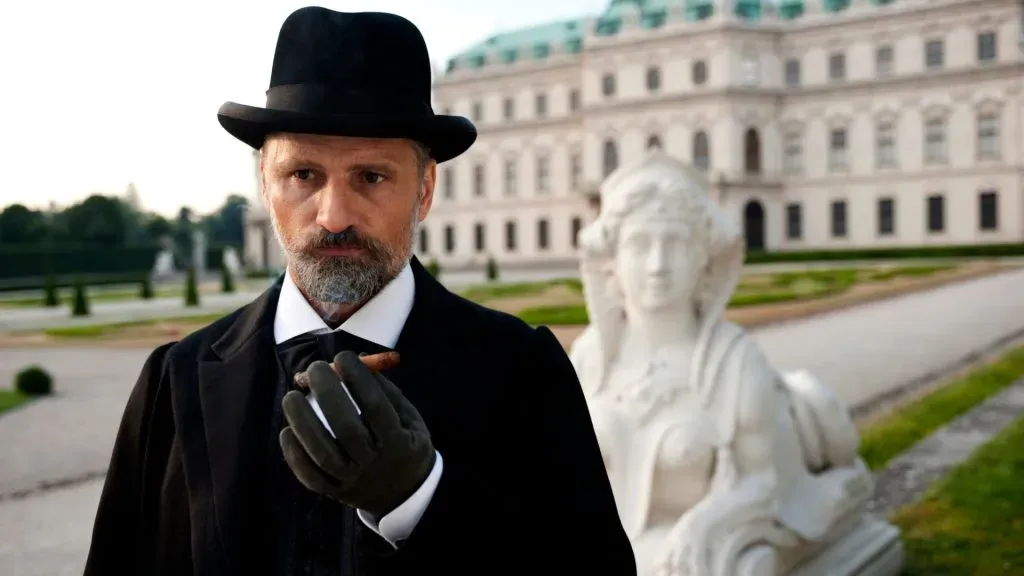
(Source: IMDb)
In his third film with David Cronenberg, Mortensen transformed into the renowned psychoanalyst Sigmund Freud. The performance was sharp, intellectual, and physically precise, capturing the iconic figure’s measured brilliance and complexity as he navigated his contentious relationship with his younger contemporary, Carl Jung.


